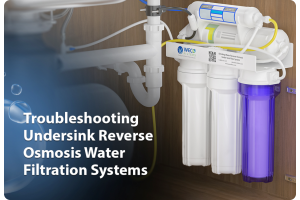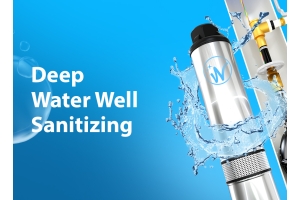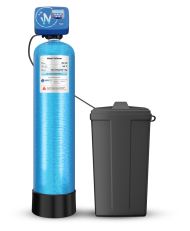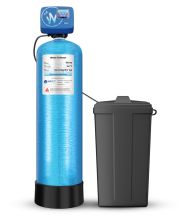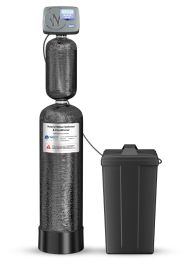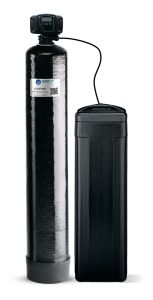Water Hardness
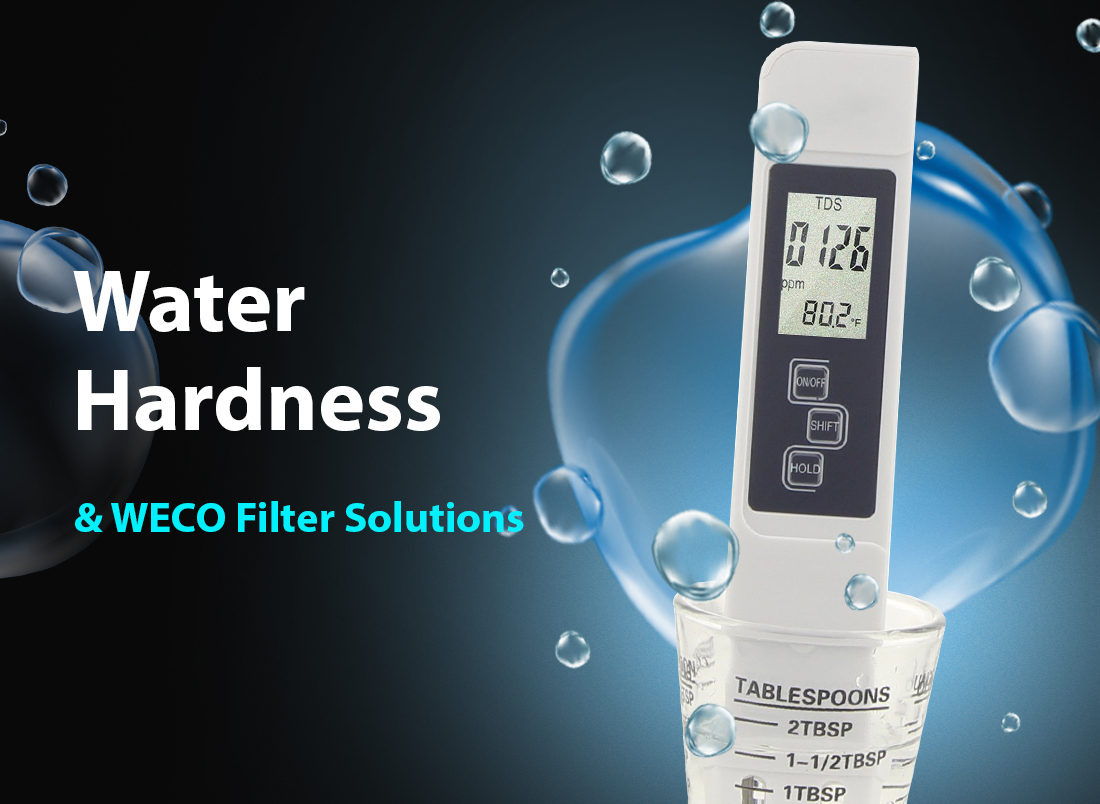
Water Hardness
Source of Water Hardness: The definition of water hardness is the amount of dissolved calcium and magnesium in the water. Hard water is high in dissolved minerals, both calcium and/or magnesium. As water moves through soil and rock it dissolves naturally-occurring water hardness minerals and carries them into the groundwater supply. Well and municipal water supplies can have hard water.
Health Effects of Water Hardness: Hard water is not associated with health concerns. However, hard water requires more soap and synthetic detergents for home laundry and washing, and contributes to scaling in boilers and industrial equipment. When hard water is heated, it produces the mineral deposits on glasses and dishes. Industrial-sized water boilers and home water heaters become coated with mineral scale, reducing efficiency and causing leaks. Hard water scale can accumulate on the inside of appliances, such as dishwashers, and pipes. As scale builds up, water flow is impeded, and causing appliance parts and pipes to be replaced more often.
How to Remove Water Hardness: A WECO water softener will remove calcium and magnesium from all of the water entering the home or business. A WECO reverse osmosis filtration system installed after a water softener will remove all types of contamination that cause taste and odor problems (chlorine and hydrogen sulfide), heavy metal, pesticides and solvents.






